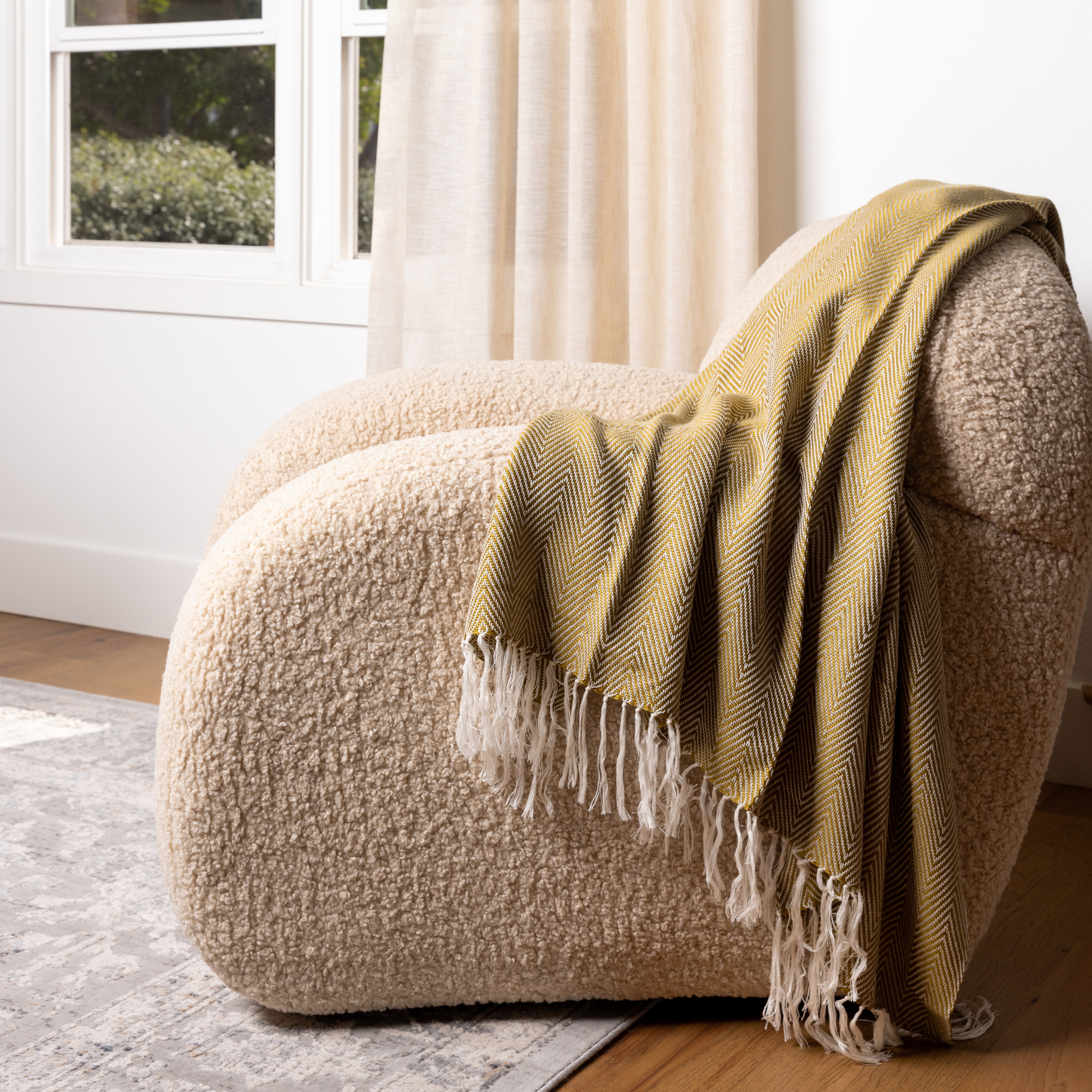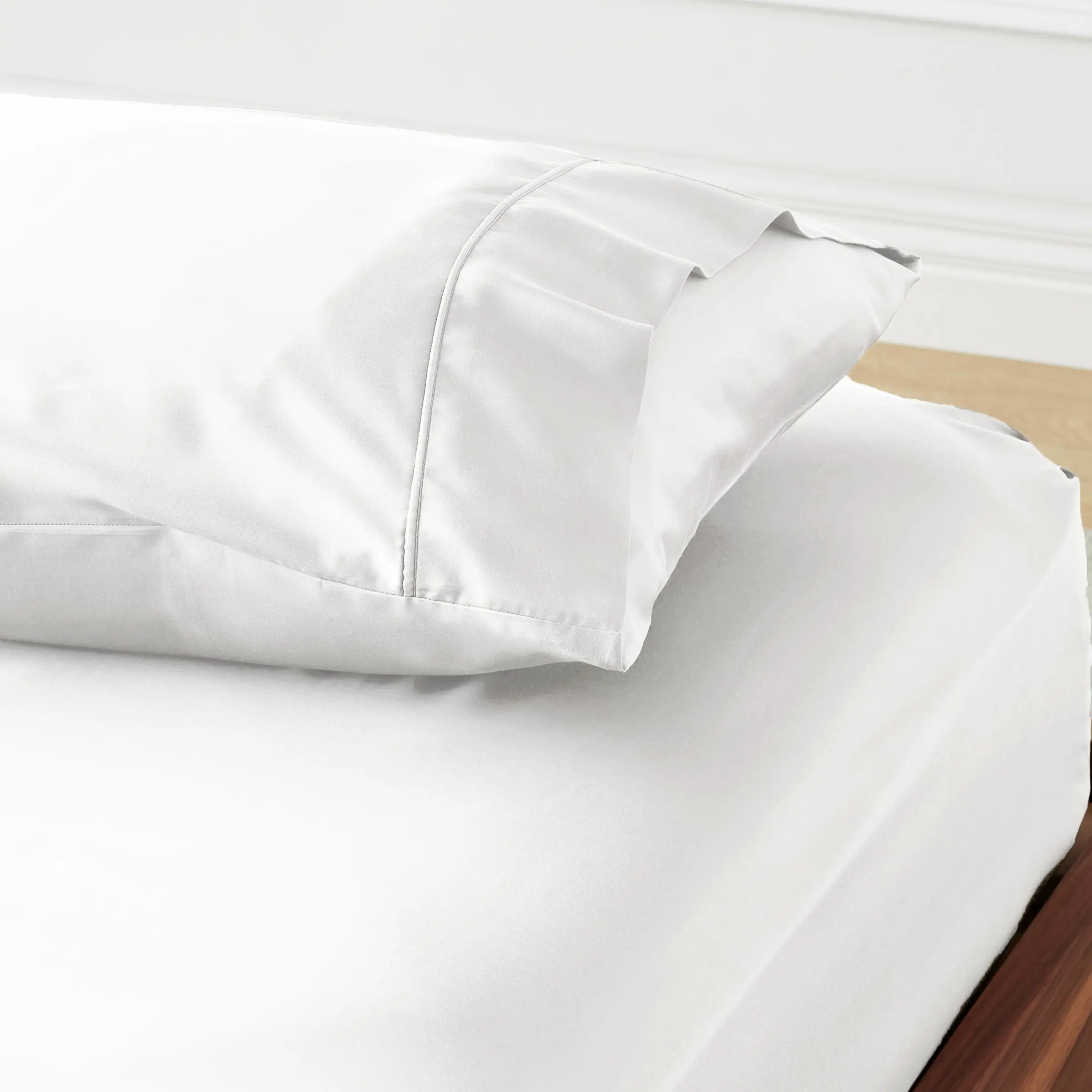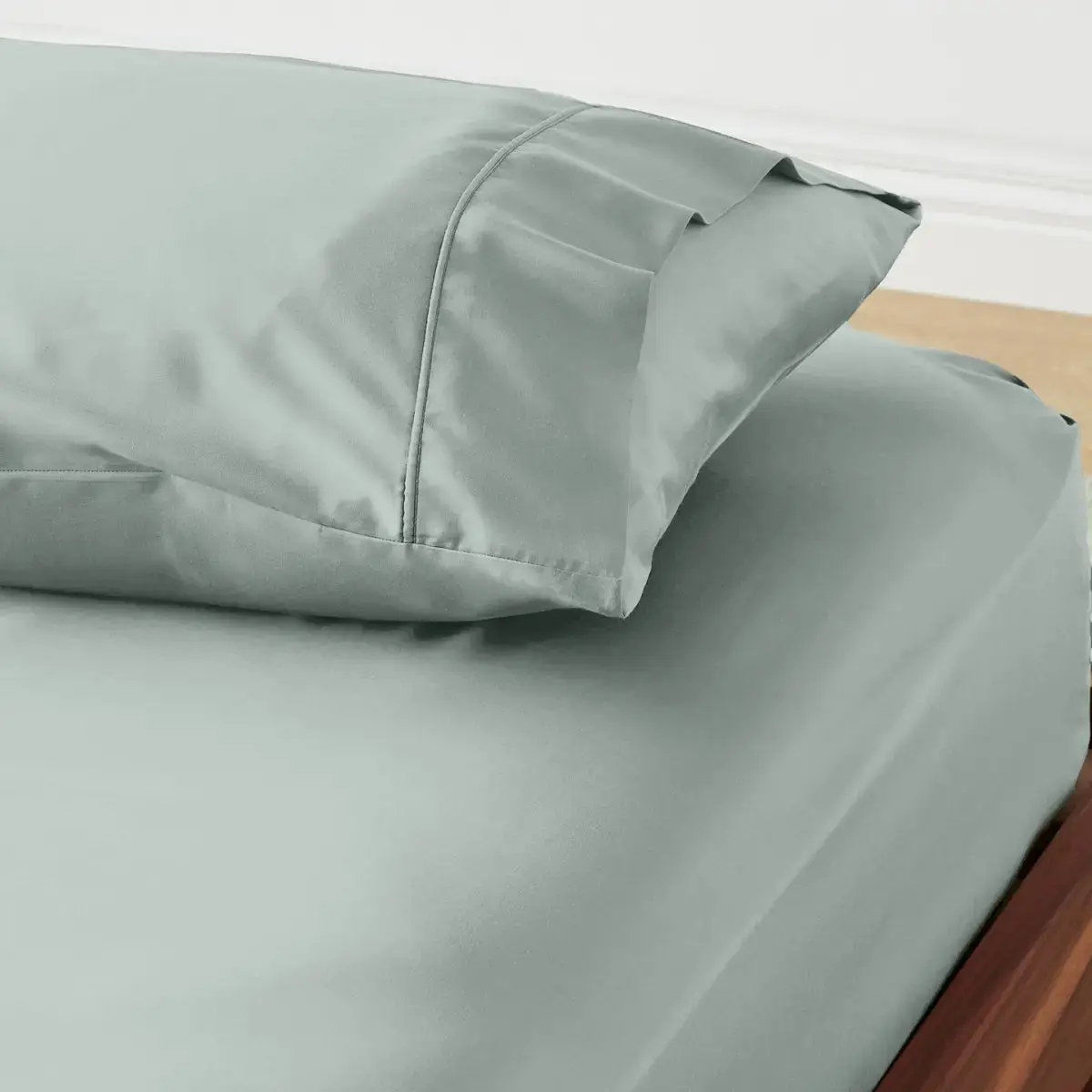Living with acne can be a frustrating experience. I remember the countless mornings I woke up worried about the redness and blemishes that appeared overnight. It made me feel self-conscious and led me to try various treatments and lifestyle changes. Acne, as I learned, is a skin condition that occurs when hair follicles become clogged with oil and dead skin cells. It often causes whiteheads, blackheads, or pimples and typically appears on the face, forehead, chest, upper back, and shoulders.
The severity of acne can vary significantly from person to person, as can the factors that exacerbate it. For many years, I was under the impression that acne was solely a result of hormonal changes or diet. However, as I delved deeper into the subject, I discovered that external factors, such as bedding, can also play a significant role. This revelation set me on a path to understand how choosing bed sheets could impact skin health.
To my surprise, I found that acne can be aggravated by the environment in which we sleep. The warmth and moisture of a bed can be a breeding ground for bacteria, which in turn can worsen acne. This insight was a game-changer for me, and it prompted me to seek out the best bed sheets designed to combat acne, leading to a noticeable improvement in my skin condition.
What bed sheets are good for acne?
I was skeptical when I first heard that bed sheets could influence acne. How could something as seemingly innocent as fabric contribute to a skin condition? But as I researched, I learned that the interaction between our skin and the sheets we sleep on is more complex than one might think.
During sleep, our bodies are in constant contact with our bedding. This means that any oil, sweat, or product residue on our skin can transfer onto the sheets. If these sheets aren't changed or cleaned frequently, they can harbor bacteria and other irritants that can clog pores and lead to breakouts. Moreover, the texture and material of the sheets can cause friction, which may irritate the skin and exacerbate acne symptoms.
I began to understand that the key to reducing acne might not just lie in topical treatments or medications, but also in my sleep environment. I was determined to unravel the mystery of how bed sheets could be optimized to support clear skin, and what types of sheets would be the best allies in the battle against acne.
Factors to Consider When Buying Bed Sheets for Acne Sufferers
Embarking on the journey to find the perfect bed sheets for acne-prone skin, I learned that there are several factors to take into account. The material of the sheets is one of the most crucial elements. Choosing a fabric that is gentle on the skin and doesn't trap heat or moisture is essential. Breathability is another crucial factor; sheets that allow air to circulate can help keep the skin cool and dry.
Thread count also plays a role. While high thread count is often associated with luxury, it doesn't necessarily translate to being the best option for acne sufferers. Sometimes, a lower thread count can offer more breathability. Additionally, the fabric's weave can affect how it feels against the skin and whether it might trap bacteria or dead skin cells.
Lastly, the chemical treatments and dyes used in manufacturing can also affect skin sensitivity and acne. Hypoallergenic and natural options are usually the safest bet for those with acne-prone skin. With these factors in mind, I set out to find the best types of bed sheets that would help soothe and protect my skin.
The Best Types of Bed Sheets for Acne Sufferers
After understanding the qualities needed in bed sheets for acne sufferers, I discovered that certain types stood out as better choices. The first type that caught my attention was sheets made of natural fibers, such as bamboo or cotton. These materials are known for their softness and breathability, which can prevent overheating and reduce the risk of irritation.
Another excellent option I found was microfiber sheets. Though synthetic, high-quality microfiber sheets can be hypoallergenic and have a tight weave that prevents bacteria from penetrating. They are also often more affordable than some natural fibers, which makes them an excellent choice for budget-conscious shoppers.
Lastly, I explored the world of specialized acne-fighting bed sheets. These are engineered with technologies such as silver infusion or advanced moisture-wicking fabrics that inhibit bacterial growth and keep the skin dry. While these can be pricier, their targeted benefits make them a worthwhile investment for those struggling with persistent acne.
How to Care for Your Bed Sheets to Prevent Acne
Proper care for bed sheets is essential for their longevity and effectiveness in preventing acne. I learned that washing sheets regularly is crucial to remove the buildup of oils, sweat, and skin cells. It's recommended to wash them at least once a week and more often if you have severe acne.
When laundering my sheets, I found it best to use a gentle, fragrance-free detergent to reduce potential skin irritation. Hot water can be more effective at killing bacteria, but it's essential to check the care instructions on your sheets to avoid damage. Drying sheets in the sunlight can also provide additional antibacterial benefits due to the UV rays.
Ironing sheets can help eliminate lingering bacteria and give a crisp feel, but it's not always necessary. If you choose to iron, use a low heat setting to prevent damage to the fibers. With these care tips in mind, I could maintain my bed sheets in a condition that supported my skin health.
Frequently Asked Questions About Bed Sheets and Acne
I've encountered many questions about bed sheets and acne throughout my journey. Here are some of the most common inquiries:
How often should acne sufferers wash their bed sheets?
As mentioned earlier, washing your sheets at least once a week is recommended, but you may need to do so more frequently if your acne is particularly active.
Can pillowcases have a bigger impact on facial acne than sheets?
Yes, pillowcases come in direct contact with your face for extended periods, so they can significantly impact you. Choosing the suitable pillowcase and keeping it clean is crucial for managing facial acne.
Are there any bed sheet materials that should be avoided?
It's generally best to avoid materials that don't breathe well, such as polyester, which can trap heat and moisture against the skin.
I hope to help others navigate the often-overlooked aspect of acne management related to bedding by answering these questions.
Tips for Managing Acne Beyond Bed Sheets
While bed sheets play a role in managing acne, there are other steps I've taken to keep my skin clear. Here are a few tips that have worked for me:
Maintain a Regular Skincare Routine
Consistency is key when it comes to skincare. Use gentle cleansers and non-comedogenic products to avoid clogging pores.
Be Mindful of Diet and Hydration
What you eat can affect your skin. Aim for a balanced diet with plenty of water to keep your skin hydrated.
Manage Stress Levels
Stress can trigger acne flare-ups, so finding ways to relax and manage stress can benefit your skin.
Incorporating these habits into my daily life and using the right bed sheets has made a noticeable difference in my skin’s appearance.
Where to Buy the Best Bed Sheets for Acne Sufferers
Finding the best bed sheets for acne sufferers can be challenging, but there are several places to look. Online retailers offer a wide selection and often have customer reviews to help make decisions. Specialty bedding stores might carry specific types designed for skin health, and department stores often have a range of options that can suit different preferences and budgets.
When shopping, I make sure to check the return policy in case the sheets don't meet my expectations. It's also helpful to read product descriptions and reviews carefully to ensure the sheets have the qualities necessary for managing acne.
Conclusion
The journey to find the best bed sheets for acne sufferers has been enlightening. I've learned that the right bedding can make a significant difference in managing skin health and that there are practical steps to take that can help prevent acne breakouts. You can select bed sheets that support clearer skin by considering the material, breathability, and care instructions.
Remember, while the right bed sheets can be a valuable tool in your acne-fighting arsenal, they should be part of a broader skincare and lifestyle approach. I hope sharing my experience will help others on their path to healthier skin. With the right knowledge and choices, we can all uncover the secret to a good night's sleep and clearer skin.






























































































